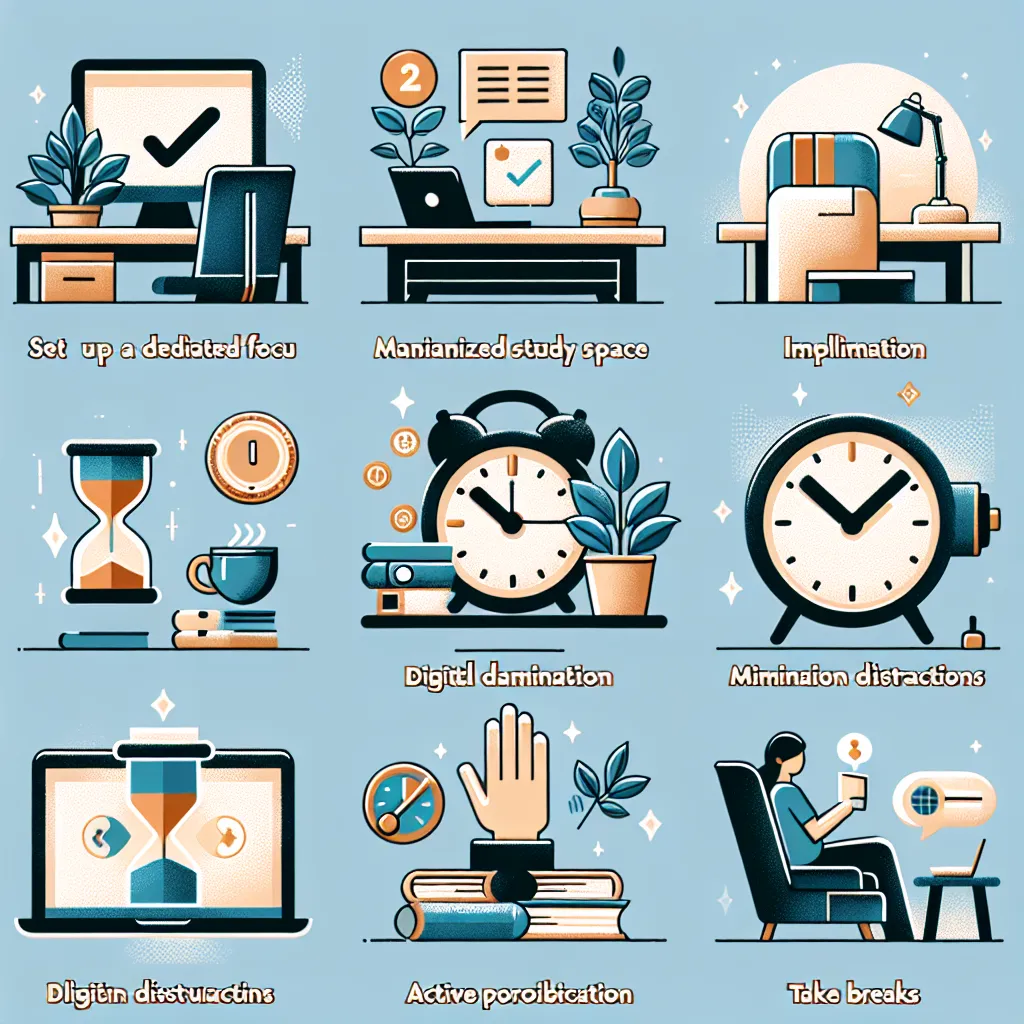Time management is a crucial skill for success in the IELTS Reading test. With only 60 minutes to answer 40 questions across three passages, effective time management can make the difference between a good score and a great one. This topic has been consistently popular in IELTS exams, appearing in various forms over the years. Given its relevance to both academic and professional life, it’s likely to remain a common theme in future tests.
Nội dung bài viết
Today, we’ll practice with a reading passage on “Best ways to manage your time effectively,” a subject that’s not only important for the exam but also valuable for your personal development. Let’s dive into this IELTS Reading practice session, which will help you improve your time management skills both for the test and in your daily life.
Reading Passage
Time Management: The Key to Productivity and Success
Time is our most valuable resource, yet it’s often the most squandered. In today’s fast-paced world, mastering the art of time management has become essential for personal and professional success. This article explores some of the best ways to manage your time effectively, drawing on research and expert advice.
One of the fundamental principles of effective time management is prioritization. The Eisenhower Matrix, developed by former U.S. President Dwight D. Eisenhower, is a popular tool for this purpose. It categorizes tasks into four quadrants based on their urgency and importance: urgent and important, important but not urgent, urgent but not important, and neither urgent nor important. By focusing on tasks in the first two quadrants, you can ensure that you’re spending your time on what truly matters.
Another crucial aspect of time management is goal-setting. The SMART criteria—Specific, Measurable, Achievable, Relevant, and Time-bound—provide a framework for setting effective goals. By clearly defining what you want to achieve and by when, you create a roadmap for your time and efforts.
Minimizing distractions is also key to managing time effectively. In our digital age, notifications from smartphones and social media can be constant interruptions. Implementing strategies such as the Pomodoro Technique, where you work in focused 25-minute intervals followed by short breaks, can help maintain concentration and productivity.
Planning is another essential component of time management. Many experts recommend starting each day or week with a planning session. During this time, you can review your goals, prioritize tasks, and schedule your activities. This proactive approach helps you stay focused and avoid wasting time deciding what to do next.
Delegation is a skill that’s often overlooked in time management discussions, but it’s crucial, especially in professional settings. Learning to entrust tasks to others not only frees up your time for more important responsibilities but also helps develop your team members’ skills.
Time-blocking is a technique where you schedule specific blocks of time for different activities or types of work. This method can be particularly effective for tackling large projects or managing varied responsibilities. By dedicating focused time to specific tasks, you can improve your efficiency and reduce the mental strain of constant task-switching.
Finally, regular review and adjustment of your time management strategies are vital. What works well in one phase of your life or career might not be as effective in another. By periodically assessing your methods and making necessary changes, you can ensure that your approach to time management remains effective and aligned with your current goals and circumstances.
In conclusion, effective time management is not about squeezing more activities into your day, but about making the most of the time you have. By implementing these strategies—prioritization, goal-setting, minimizing distractions, planning, delegation, time-blocking, and regular review—you can significantly improve your productivity and move closer to achieving your personal and professional objectives.
 Time Management Strategies
Time Management Strategies
Questions
True/False/Not Given
Determine if the following statements are True, False, or Not Given based on the information in the passage.
- The Eisenhower Matrix categorizes tasks into four quadrants.
- The SMART criteria were developed by Dwight D. Eisenhower.
- The Pomodoro Technique involves working in 25-minute intervals.
- Planning sessions should be conducted at the end of each day.
- Delegation is only important in professional settings.
- Time-blocking can help reduce mental strain from task-switching.
- Effective time management strategies remain constant throughout one’s career.
Matching Headings
Match the following headings to the appropriate paragraphs in the passage. There are more headings than paragraphs, so you will not use all of them.
A. The importance of regular evaluation
B. Techniques for avoiding distractions
C. The benefits of working longer hours
D. Prioritizing tasks for maximum efficiency
E. Setting clear and achievable goals
F. The role of technology in time management
G. Allocating specific time periods for tasks
H. The significance of delegating responsibilities
Short Answer Questions
Answer the following questions using NO MORE THAN THREE WORDS from the passage for each answer.
- What tool is mentioned for categorizing tasks based on urgency and importance?
- What criteria are recommended for setting effective goals?
- What technique involves working in focused intervals followed by short breaks?
- What skill is described as often overlooked in time management discussions?
- What method involves scheduling specific blocks of time for different activities?
Answer Key
True/False/Not Given
- True
- False
- True
- False
- Not Given
- True
- False
Matching Headings
D. Prioritizing tasks for maximum efficiency – Paragraph 2
E. Setting clear and achievable goals – Paragraph 3
B. Techniques for avoiding distractions – Paragraph 4
H. The significance of delegating responsibilities – Paragraph 6
G. Allocating specific time periods for tasks – Paragraph 7
A. The importance of regular evaluation – Paragraph 8
Short Answer Questions
- Eisenhower Matrix
- SMART criteria
- Pomodoro Technique
- Delegation
- Time-blocking
Explanation
- The passage explicitly states that the Eisenhower Matrix categorizes tasks into four quadrants.
- The SMART criteria are mentioned separately from Eisenhower; the passage doesn’t attribute them to him.
- The passage directly states that the Pomodoro Technique involves 25-minute work intervals.
- The passage suggests starting each day or week with planning, not ending with it.
- The passage doesn’t specify that delegation is only important in professional settings.
- The passage explicitly states that time-blocking can reduce mental strain from task-switching.
- The passage suggests that time management strategies should be regularly reviewed and adjusted, implying they don’t remain constant.
Common Mistakes
- Misreading or overlooking key details in the passage.
- Assuming information that isn’t explicitly stated in the text.
- Failing to match headings accurately due to misunderstanding the main idea of paragraphs.
- Using more than the specified number of words in short answer questions.
- Confusing similar concepts or techniques mentioned in the passage.
Vocabulary
- Squandered (verb): /ˈskwɒndəd/ – wasted or used inefficiently
- Prioritization (noun): /praɪˌɒrətaɪˈzeɪʃən/ – the action of arranging items in order of importance
- Quadrants (noun): /ˈkwɒdrənts/ – each of four quarters of a circle or sphere
- Proactive (adjective): /prəʊˈæktɪv/ – creating or controlling a situation rather than just responding to it
- Delegation (noun): /ˌdelɪˈɡeɪʃən/ – the action of entrusting a task or responsibility to another person
Grammar Focus
Pay attention to the use of present simple tense for stating facts and general truths about time management techniques. For example:
- “The Eisenhower Matrix categorizes tasks into four quadrants.”
- “Planning is another essential component of time management.”
Also, notice the use of gerunds (-ing forms) as subjects in sentences to describe actions or concepts:
- “Implementing strategies such as the Pomodoro Technique… can help maintain concentration and productivity.”
- “Learning to entrust tasks to others not only frees up your time…”
Tips for IELTS Reading Success
- Practice active reading: Engage with the text by predicting content, asking questions, and summarizing main points.
- Improve your vocabulary: Regularly learn new words and their contextual usage. This will help you understand complex texts more easily.
- Time management: Allocate your time wisely among the three passages. Don’t spend too long on any single question.
- Skim and scan effectively: Use these techniques to quickly locate specific information in the text.
- Read the instructions carefully: Ensure you understand exactly what each question is asking before answering.
- Practice regularly: Consistent practice with various question types will improve your speed and accuracy.
- Stay calm and focused: Manage your stress levels during the test to maintain clear thinking and avoid careless mistakes.
Remember, improving your reading skills takes time and practice. Regular exposure to a variety of English texts, combined with targeted IELTS practice, will help you build the skills needed for success in the IELTS Reading test.
For more tips on improving your IELTS performance, check out our articles on how to improve your social skills and best ways to practice active listening, which can also enhance your overall English language proficiency.


